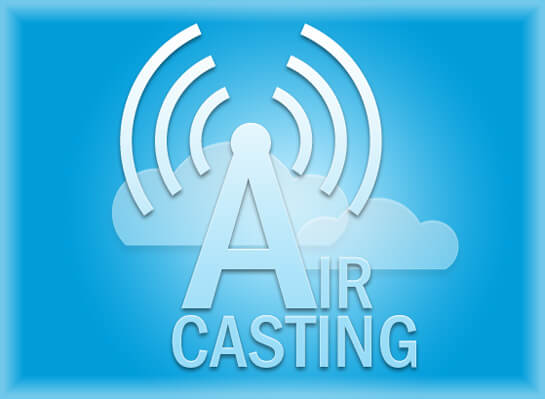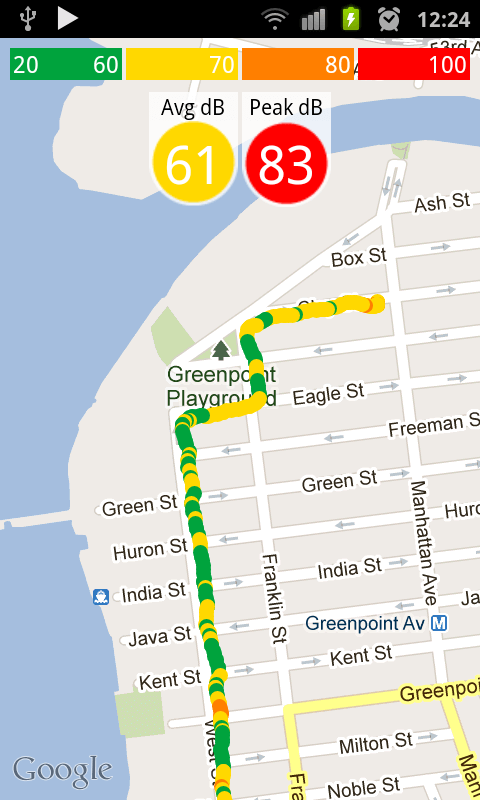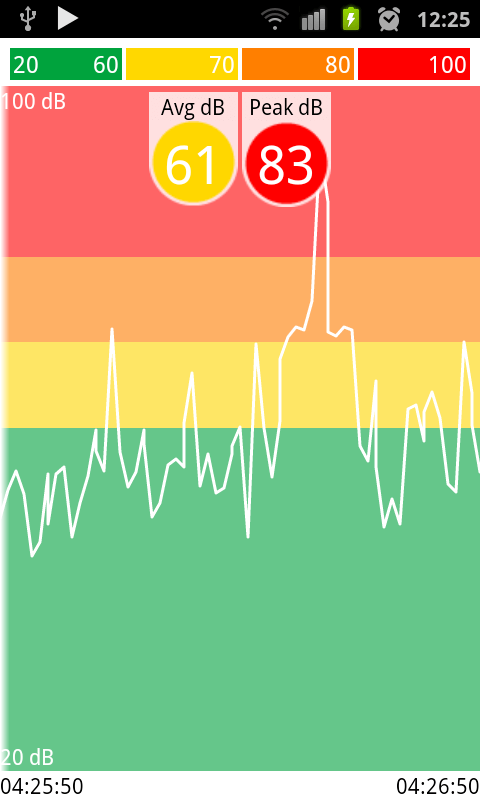Urban noise levels at last measurable – thanks to AirCasting!

Have you ever wondered how loud, exactly, is that noisy crossroads that prevents you from having a well-deserved sleep? Is it really comparable to a herd of starting jumbo-jets pursued by a swarm of fighter planes? How could anyone put up with this madness?
Worry not – we’ve got a solution to your problem and it’s called AirCasting.
AirCasting is an Android application that measures noise pollution. It’s a light, flexible and free-for-all Android app we created for HabitatMap.org with funding from Google’s Charitable Giving Fund of Tides Foundation.

AirCasters measure sound levels, which they can choose to contribute to a crowd sourced map of noise pollution. This allows everyone to see the best place to either walk your dog, wind down and meet your mates or, simply, test your brand new protective earplugs.
All right, all right, you may say. Buzzwords don’t impress me anymore. I would like some facts. How does it work in practice?
Sound level measurement started in New York City. Its inhabitants complained about noise to a City hotline. The usual hustle & bustle affected their sleep, health and overall well-being. As a tool to justify their claims, AirCasting becomes a vessel for public opinion. Local authorities may dismiss one claim unsupported by any evidence, but what about hundreds of noise pollution reports made on the spot?
AirCasting has been developed by three Lunar Logic pros: Paweł, Marcin and Grzester (he was testing the app). I’ve asked Paweł some specific questions about AirCasting.

Mirek: What does AirCasting do, in a nutshell?
Paweł: AirCasting is a platform for sharing and visualising environmental data. Currently the only supported kind of data are noise levels. These can be obtained by users with their phones and then shared through our website.
M: Which parts of the smartphone does it use?
P: Most prominently we are using the microphone to gather noise level data. Other than that we are using Google Maps to visualise the data the user and others have gathered.
M: Are there any planned extensions for the app?
P: The app is planned to support a wide range of environmental sensors with which it will connect via Bluetooth. The one that’s being engineered right now is a gas sensor for measuring pollutant concentrations in the air.
AirCasting has been live since 20th December 2011 and is available free from the Android market. The source code is available under GPL:
